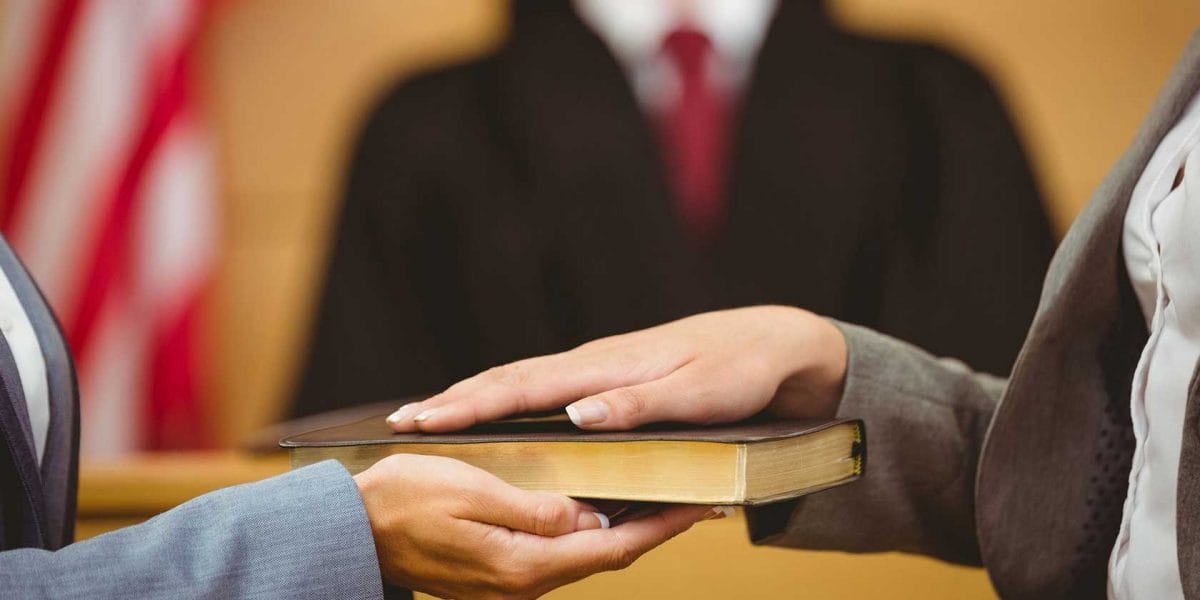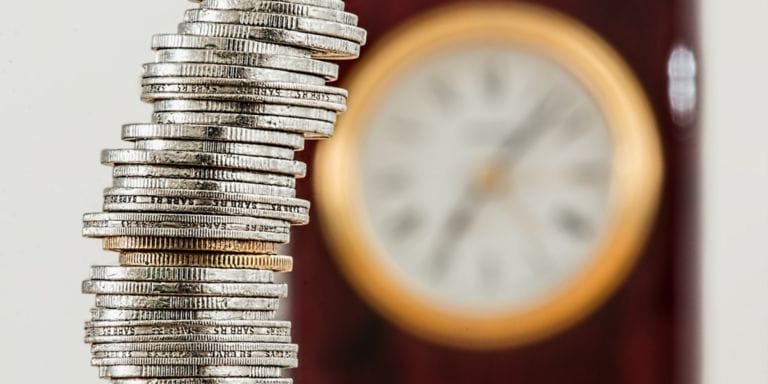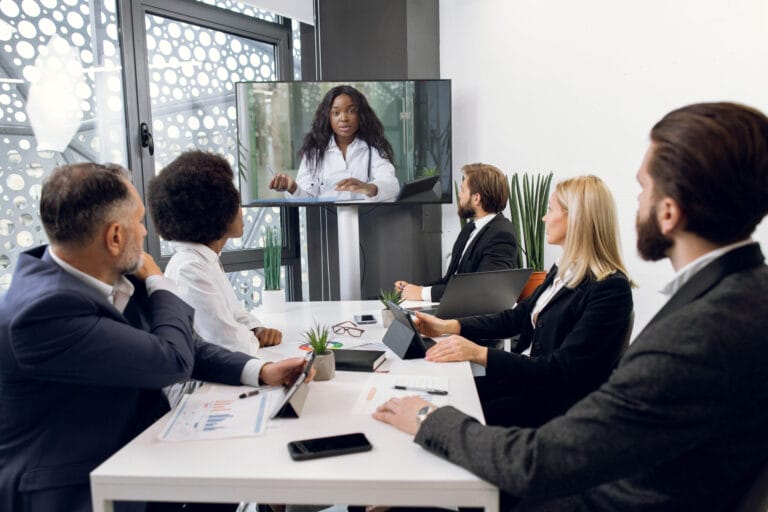Cross-examining expert witnesses can be a daunting task, especially if the witness in question has more court experience than you do. However, with a solid plan, sufficient preparation, and use of the appropriate techniques, a cross-examination can go a long way to achieving the outcome you desire.
Three techniques, in particular, have stood the test of time. These techniques are
controlling the witness, using the so-called “voice of reason,” and asking low-risk open-ended questions.
We’ll start by explaining the first of the three – controlling the witness.
Controlling the Witness
One of the most fundamental aspects of a successful cross-examination is controlling the witness. In this regard, it’s essential to limit the scope of an answer by the way you ask your questions. While many lawyers look to accomplish this by asking “yes or no”-type questions, there is a better way.
The best method is to tell the witness, not ask them. Here’s an example of how a standard question could be improved below:
Q: Did you review the images from the MRI of November 2017?
Q: You never reviewed the images from the MRI of November 2017, true?
In the second version, the lawyer has turned to question into a statement. You can achieve this outcome by merely adding “right,” “true,” or “correct” to the end, satisfying the question requirement.
When using this technique, it’s vital to ensure the answers are responsive. If the expert witness is non-responsive or ignores the specificity of the question, it demonstrates to the jury they are evasive. Using this technique allows you to control the narrative by forcing the expert witness to agree with statements that cannot be argued.
“Voice of Reason”
Once responsive answers have been mastered, it’s useful to combine those statement style questions with a so-called “voice of reason” approach. This is the process whereby the attorney sets up an expert witness by making a string of statements that must be true and use those same answers against the witness at the very end of questioning.
Here is an example of a line of questioning from the “voice of reason” setting up phase:
Q: Would it be fair to say that before coming to court and rendering your opinion, you conducted a full evaluation (or investigation or analysis)?
Q: An evaluation that was fair?
Q: And your evaluation was complete?
Q: Before offering your opinion, you studied the record carefully, true?
Q: You reviewed all the reports?
Q: You reviewed the depositions?
Q: You reviewed the file in its entirety?
Q: To the extent you did not conduct a thorough and complete examination of the reports and depositions, you would agree your opinion might not be as valid as you would like, true?
As you can see, the expert has no real option but to agree with the statements. But note how the last question slightly changes in tone, this is the question that will set up the expert witness. Now, you, as the lawyer, go on to demonstrate that the expert witness has not reviewed one or several items relating to the case. You are therefore casting doubt on their ability to pass judgment since they haven’t assessed all of the relevant facts.
Q: Can we agree you did not have all the information necessary to form your opinion?
Q: Are you now willing to change your opinion based on this report you never knew existed?
Q: Would you agree that report directly contradicts your opinion?
Q: Can we agree your review was less than thorough?
Q: Can we agree your opinion was not supported by all of the evidence?
By the conclusion of the questioning, the expert witness will have no option to affirm your statements, leaving the jury in serious doubt about the credibility of their expert opinion.
Low-Risk Open-Ended Questions
Although attorneys will want to focus predominately on closed questions with yes/no answers, there can be significant mileage gained from asking very low-risk open-ended questions. Once again, using the same example as above, if the expert witness has conceded that they didn’t review everything, you can drill the point home further by asking open-ended questions.
Let’s say that the following names are witnesses to a potential crime that has given sworn testimony relating to the events in question.
Q: Who is John Katcher?
A: I don’t know.
Q: Who is Raul Garcia?
A: I don’t know.
Q: How about Gina Robinson?
A: I don’t know.
By using this technique, you are not only further demonstrating the expert witness’s lack of knowledge of the case, you’re showing they haven’t even reviewed testimony previously presented to the jury. When jury members believe they know more about the intricacies of the case that the so-called “expert,” then you’ve accomplished your goal.
Thanks for reading! If you enjoyed this article, let us know in the comments and feel free to share it on social media! Please contact us with any questions or concerns. At First Legal, we’re here for you from File Thru Trial™!





